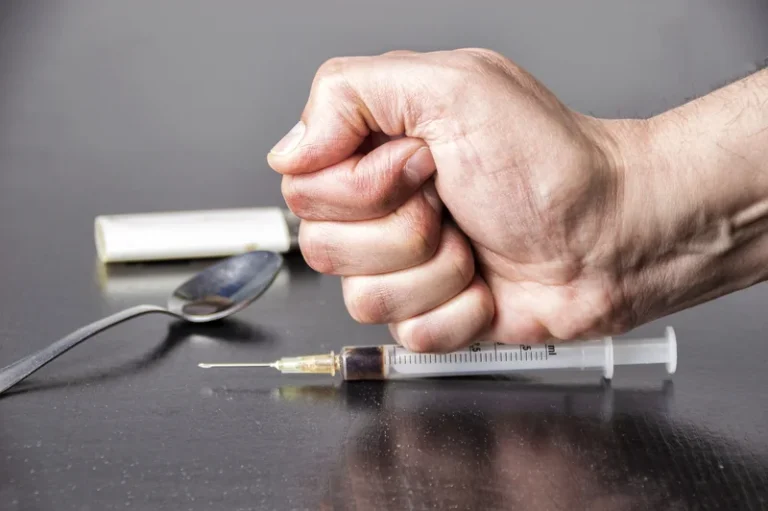Sober living
Alcohol intoxication: Signs, symptoms, and treatment

When someone consumes alcohol, they may not feel the full effects for a while. Factors like age, body weight, and rate of consumption all affect the rate of intoxication. People can survive alcohol poisoning if they receive appropriate treatment. Learn more about the short- and long-term effects of alcohol consumption here. Although people can safely consume alcohol without experiencing immediate adverse health effects, long term alcohol consumption can jeopardize overall health. We can avoid alcohol poisoning by drinking in moderation and drinking a fair amount of water between drinks.

Hostility predicts alcohol consumption over a 21-year follow-up in the Gazel cohort
Ensuring the individual’s immediate safety is essential, but supportive care as they gradually recover from intoxication is also important. At this stage, you become confused and unable to respond to your surroundings. https://ecosoberhouse.com/halfway-house/ Because this stage severely hinders your physical and mental functioning, it can lead to falls, drownings, and other accidents. Sobriety occurs when you have a BAC between 0.01 and 0.05 percent.
Alcohol and human physical aggression: Pharmacological versus expectancy effects
Some people have seizures (called alcohol-related epilepsy or rum fits). Existing depression may be worsened by drinking alcohol, and people with alcohol use disorder are more likely to become depressed than people who are not problem drinkers. Because alcohol-related disorders, especially binge drinking, often causes deep feelings of remorse during dry periods, people with alcohol use disorder are prone in which stage of intoxication does an individual become aggressive or withdrawn and sleepy to suicide even when they are not drinking. As a comprehensive behavioral health facility, Casa Palmera understands that drug and alcohol addiction and trauma are not only physically exhausting, but also cause a breakdown in mental and spiritual sense. What makes Casa Palmera distinct from other treatment facilities is our desire to not only heal the body, but also aiming to heal the mind and spirit.
- Controlled trials of acupuncture have not demonstrated effectiveness (39,40) whereas massage therapy did reduce alcohol withdrawal scores (41).
- The acutely intoxicated patient may exhibit some agitation as part of the intoxication syndrome.
- At present, there is no known agent that is effective as an alcohol antagonist, reversing the effects of alcohol in the same manner that naloxone reverses opioid intoxication.
- Then people with alcohol use disorder have to learn ways to modify their behavior.
- Intoxication can range from mild to severe, depending on the amount consumed, speed of ingestion, metabolism, body weight, substance, and other factors.
- This decision, coupled with a decrease in motor function, coordination, and reaction time, leads to many car crashes.
Conceptualizing addiction: A review of expectancy theory and alcohol consumption
Auditory hallucinations may begin as unformed sounds (such as clicks or buzzing) and progress to hearing voices. In contrast to the auditory hallucinations of schizophrenia, which may be of religious or political significance, these voices often are of friends or relatives and frequently are accusatory in nature. Tactile hallucinations may involve a sensation of bugs or insects crawling on the skin. In milder cases of withdrawal, the patient’s sensorium is otherwise clear, and the patient retains insight that the hallucinations are not real. Hallucinosis can occur in the absence of other withdrawal symptoms. They should be distinguished from the hallucinosis that can be part of delirium tremens (DTs) (see below).

At this stage, you will feel slightly intoxicated, or “tipsy.” Your inhibitions will lower, which means you may become more confident and talkative. You will also start to experience the negative effects of alcohol, including problems with judgment, memory, and coordination. They include Sobriety/Minimal Intoxication, Euphoria, Excitement, Confusion, Stupor, Coma, and Death. This is a zombie-like stage of intoxication, and there’s the chance of experiencing alcohol poisoning, coma, or death. No two people who drink alcohol experience the exact same effects. In the emergency room, a doctor will check their BAC and look for other signs of alcohol poisoning, such as a slow heart rate and low blood sugar and electrolyte levels.
How is Alcohol Intoxication Diagnosed?
When a person is intoxicated, they may exhibit both physical and behavioral symptoms. This stage of intoxication is marked by emotional outbursts and a major loss of coordination. The person may not be able to stand up, may stagger when walking, and will likely be extremely confused about what’s going on. If a person has consumed one or less drinks per hour, they’re considered to be sober, or low-level intoxicated. PHPs accept new patients as well as people who have completed an inpatient program of 1 to 2 weeks but still need focused recovery care.
The Right Treatment Facility
- In some cases, a person may have their stomach pumped to remove alcohol before it can be absorbed or they may be given activated charcoal to minimize further alcohol absorption.
- This tremor has a rate of six to eight cycles per second and appears on electromyography to be an exaggeration of normal physiologic tremor.
- People that have multiple drinks in a short amount of time are in danger of having too much before they even realize it.
- Higher benzodiazepine doses may result in respiratory depression, vomiting, and aspiration, as well as the potential for “paradoxical” increased agitation by increasing intoxication.
- If you find yourself drinking too much, unable to stop drinking, or have reached the latter stages of intoxication on a regular basis, the best time to get help is now.
- Vestibular disturbances may cause them to believe that the floor is moving, the walls are falling, or the room is rotating.

